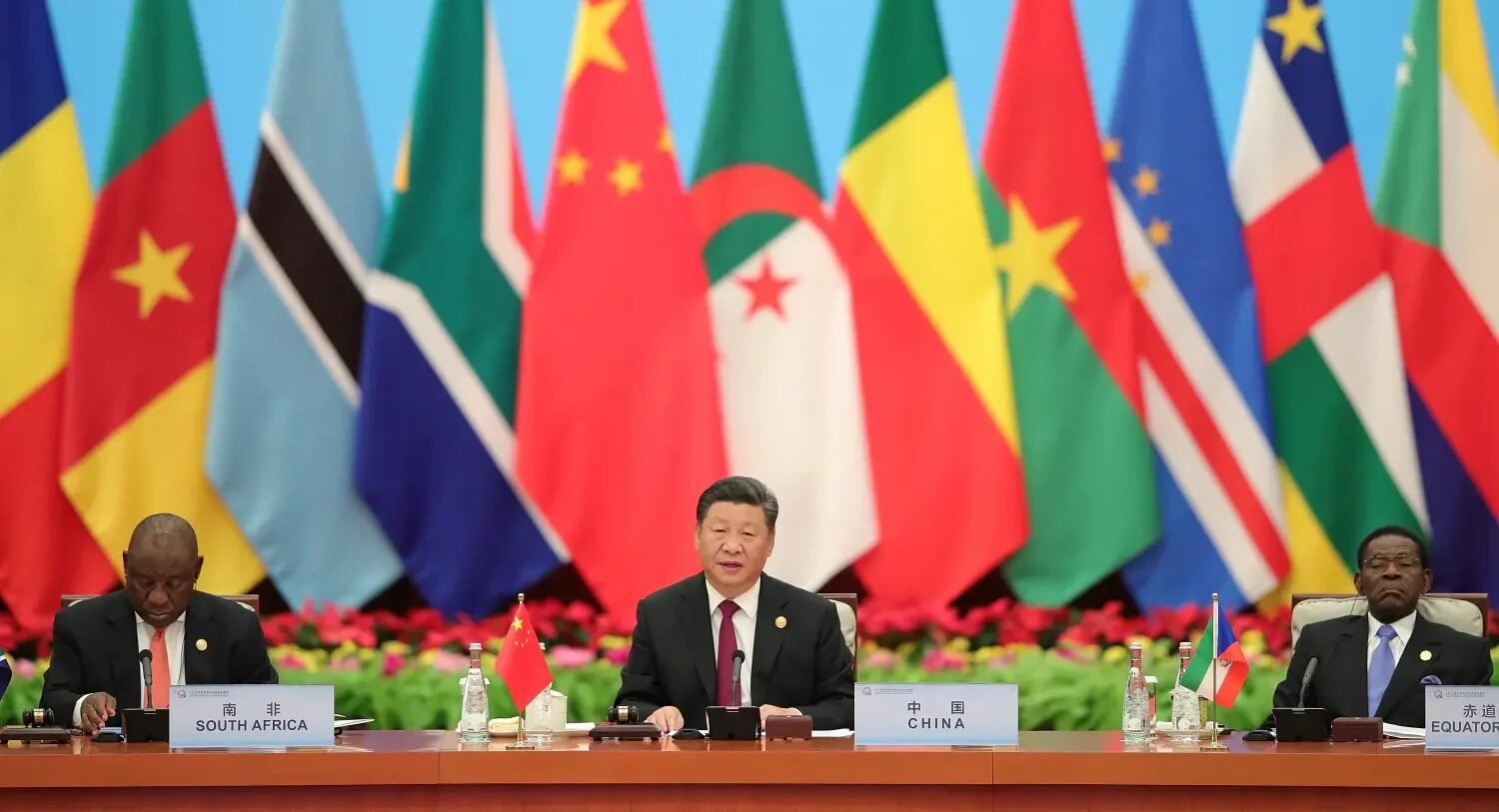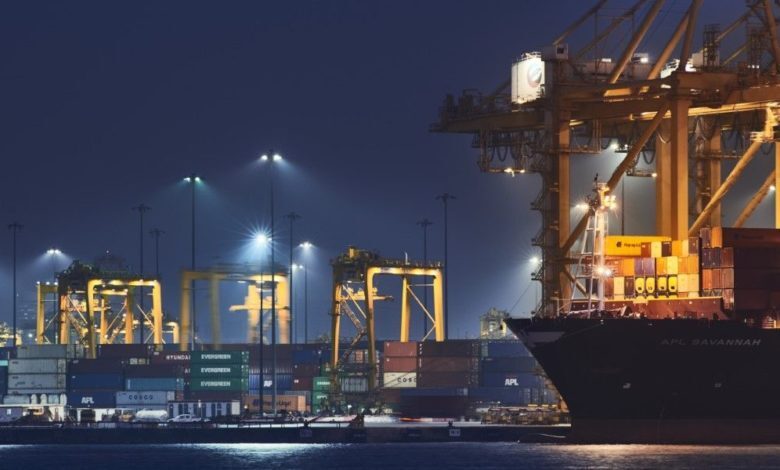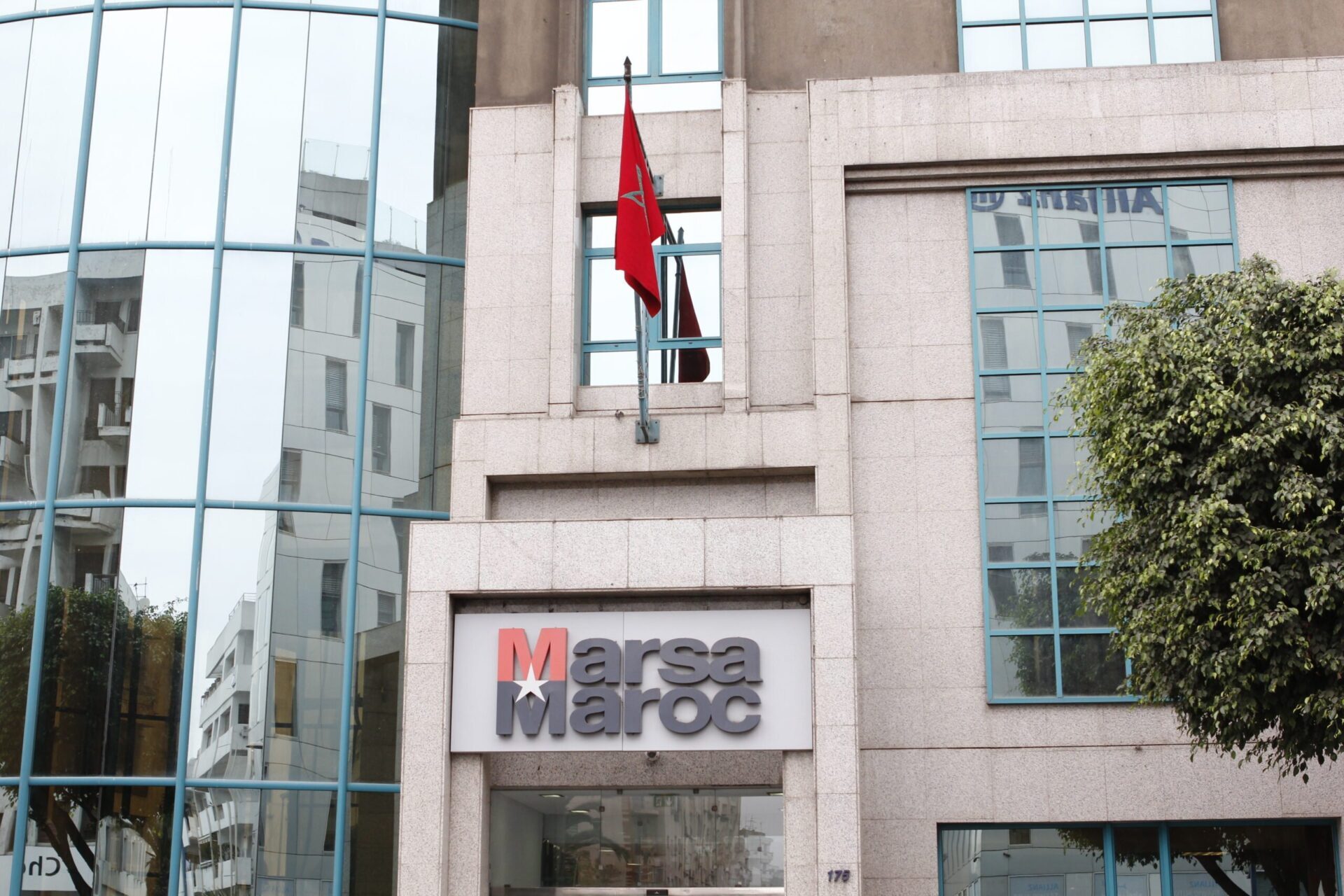
Wednesday 29th October 2025

by inAfrika Newsrooms
Africa drone logistics is entering a new phase. Rwanda, Ghana, Nigeria and Kenya are now using autonomous aircraft at national scale for urgent medical delivery, and regulators are starting to plan for cargo drones, air taxis and direct-to-village drops as standard service. Moreover, governments are rewriting aviation rules to manage that traffic.
Rwanda has built designated “drone corridors” to move blood, vaccines and emergency supplies to remote clinics. Officials said this network cut delivery times from hours by road to minutes by air, and they credit it with saving lives in rural districts with weak road access. In addition, Rwanda is now exploring passenger-scale electric vertical takeoff aircraft that can carry two people or roughly 600kg of cargo, with early demonstration flights claimed in September 2025.
Africa drone logistics now touches mainstream health systems. Zipline — which operates fixed-wing drones that launch by catapult and land by net recovery — is fully embedded in public health supply chains in Rwanda, Ghana, Nigeria, Kenya and Côte d’Ivoire. The company says it integrates directly with national blood banks, vaccine cold chains and hospital inventory systems, not just pilot sites. Moreover, health officials say drones cut spoilage, reduce stockouts and keep remote facilities supplied during floods.
Why it matters: Africa drone logistics is now a national resilience tool. Governments see drones as a way to hold health service levels during storms, landslides, sabotage on highways or insurgent roadblocks. Consequently, aviation authorities are under pressure to legalise beyond-visual-line-of-sight operations at scale, build unmanned traffic management rules, and secure air corridors that do not interfere with commercial jets.
For Africa, the signal is clear. Drone airlift is starting to look like power lines or fibre backbones — essential infrastructure. At the same time, East African governments are linking drones to industrial and tourism policy. They see fast aerial delivery as a way to support medical tourism, high-end hospitality in remote parks, mining logistics, and even emergency law-enforcement response in border zones. Consequently, Africa drone logistics is moving from humanitarian branding to regulated national service.
In practice, the next challenge is cost and airspace discipline. Authorities must prove they can license operators, tax services, enforce safety, and still keep per-flight cost low enough for public health budgets. However, officials in Kigali say the model has already attracted global interest, with delegations studying how to replicate Rwanda’s air corridors inside their own borders.


